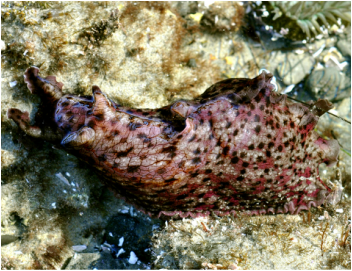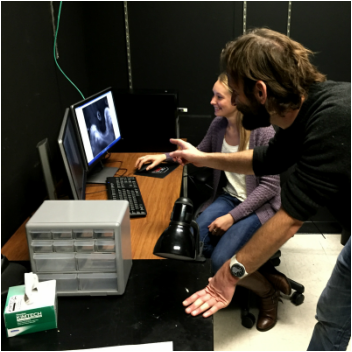Teaching
|
Comparative Physiology (BIOL 543)
A challenging, lecture-based course that uses an integrative and comparative approach to understand how animals function. We focus on the fundamental questions that life asks of all animals and the different ways that animals answer these questions. Physiological systems covered in the course include Digestion, Metabolism, Thermoregulation, Respiration, Circulation, Osmoregulation, Hormone Signaling, Reproduction, Neurons, Sensory Organs, and Muscle. |
|
Neurophysiology (BIOL 635)
A seminar- and lab-based course that introduces students to the physiological components and simple circuits that are the building blocks of the complex nervous systems of animals. In seminar, we will discuss the generation and transmission of action potentials, synaptic connections between neurons, simple neural circuits, and the evolution of nervous systems. In lab, students will take electrophysiological recordings from animals, build simple, animal-inspired robots, and learn how to design, conduct, interpret, present, and evaluate experiments in the field of neurobiology. |
|
Independent Study (BIOL 399)
There are plenty of excellent textbooks on biology, but no textbook can adequately explain what it takes to be a biologist. Independent research conducted under the guidance of a professional biologist is the best way to learn the skills necessary to succeed in research.. Space in the lab is limited, but we are always looking for talented, motivated undergraduates. Please note that we are not a biomedical laboratory and I am looking for students who have a genuine interest in addressing fundamental questions in ecology, evolution, and/or physiology using invertebrate animals as study systems. For advice on conducting research as an undergraduate, please click on this link. |


